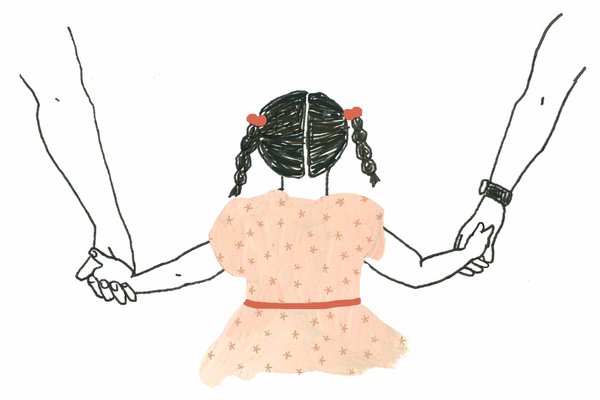Did You Know… When It Comes To Couples Therapy, Timing Matters
Recent findings from Dr. John Gottman support what I’ve seen in my years of practice: many couples wait an average of six years of being unhappy before they seek help.
Although there is always hope if both parties are willing to make things work, the amount of resentment and hurt accumulated over the years of waiting can be that much more difficult to navigate during therapy.
So my message to anyone in a relationship, is that you are never too young and it’s never too early to seek help. In fact, when it comes to couples therapy, the earlier you seek help, the better.
Imagine waiting until your car completely breaks down before taking it to the mechanic. A lot of damage can be avoided if we take it for tune ups as soon as we see signs something is not working properly.
If you are wondering if you should be seeking help, but are not ready to reach out to a professional yet, we recommend you spend time asking each other some important questions. We found Eleanor Standford’s ’13 Questions To Ask Before Getting Married’ (as published in The New York Times on March 24, 2016) a wonderful resource. Even if you are not planning on getting married, these questions are a great way to discover how compatible you and your partner are.
Here are the first three questions:

1. Did your family throw plates, calmly discuss issues or silently shut down when disagreements arose?
A relationship’s success is based on how differences are dealt with, said Peter Pearson, a founder of the Couples Institute. As we are all shaped by our family’s dynamic, he said, this question will give you insight into whether your partner will come to mimic the conflict resolution patterns of his or her parents or avoid them.

2. Will we have children, and if we do, will you change diapers?
With the question of children, it is important to not just say what you think your partner wants to hear, according to Debbie Martinez, a divorce and relationship coach. Before marrying, couples should honestly discuss if they want children. How many do they want? At what point do they want to have them? And how do they imagine their roles as parents? Talking about birth-control methods before planning a pregnancy is also important, said Marty Klein, a sex and marriage therapist.
 3. Will our experiences with our exes help or hinder us?
3. Will our experiences with our exes help or hinder us?
Bradford Wilcox, the director of the National Marriage Project at the University of Virginia, pointed to research his organization has sponsored that indicated that having had many serious relationships can pose a risk for divorce and lower marital quality. (This can be because of a person having more experience with serious breakups and potentially comparing a current partner unfavourably with past ones.) Raising these issues early on can help, Dr. Wilcox said. Dr. Klein said people are “hesitant to explicitly talk about their past” and can feel retroactively jealous or judgmental. “The only real way to have those conversations in an intimate and productive way and loving way is to agree to accept that the other person had a life before the couple,” he said.
Let us know what you discover after discussing the first three questions. We look forward to know what you think!
Stay tuned for our next post, where we will be sharing the last 10 questions.
As always, if you or anyone you know is struggling in their relationship and are ready to take action towards transforming pain and discomfort into joyful curiosity, please don’t hesitate to contact us. We are here to help.
Wishing you all the best,
References: https://www.gottman.com/
http://www.nytimes.com/interactive/2016/03/23/fashion/weddings/marriage-questions.html?_r=0
Illustrations:
Julia Rottman for The New York Times



Leave a comment
You must be logged in to post a comment.